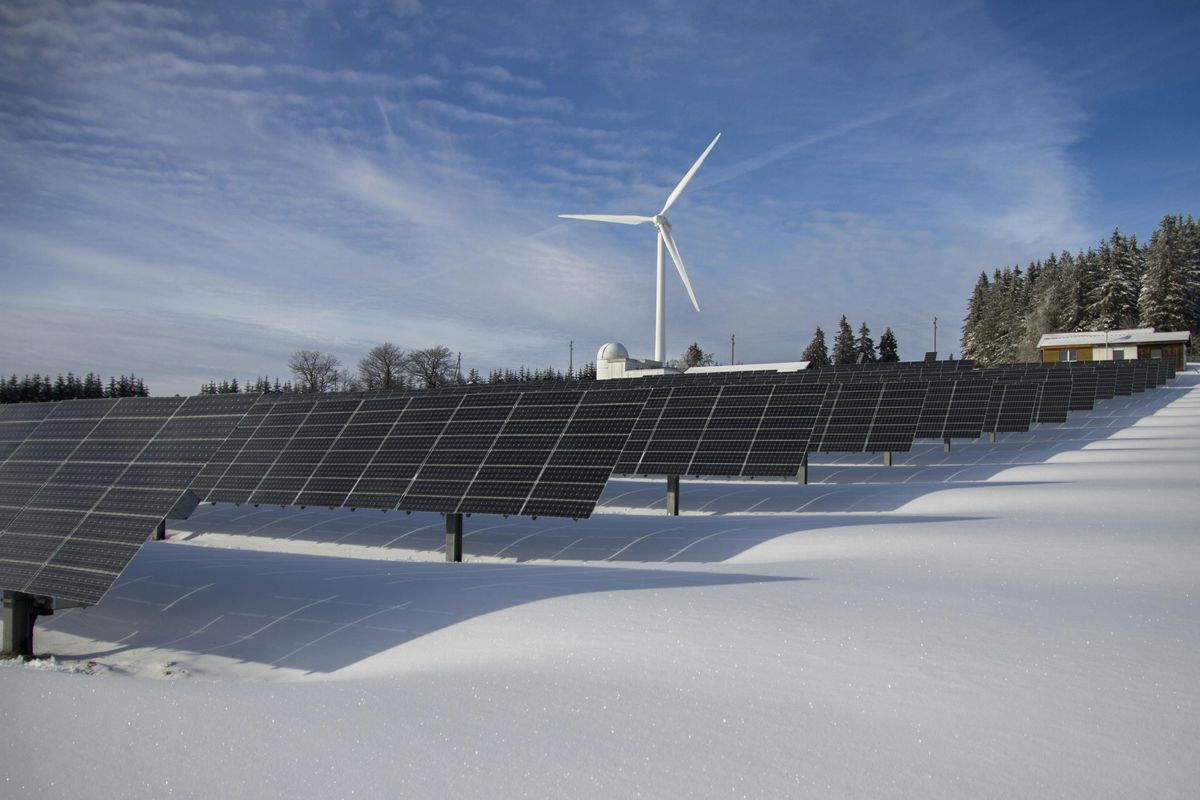Pakistan urged to reconsider contract renegotiations with wind and solar plants
Finance institutions warn this process could undermine investor confidence

A consortium of development finance institutions (DFIs) has called on the government of Pakistan to reconsider its approach to renegotiating power purchase agreements (PPAs) with wind and solar Independent Power Producers (IPPs), warning that the current process could undermine investor confidence and hinder future private sector investment in the country’s energy sector.
In a joint letter addressed to Minister for Power Awais Khan Leghari, Minister for Finance and Revenue Muhammad Aurangzeb, and Special Assistant to the Prime Minister on Power Muhammad Ali, the DFIs expressed concern over the proposed terms issued by the Energy Taskforce on January 10, 2025.
The terms seek to renegotiate PPAs with wind and solar IPPs, many of which are financed by the DFIs.
The DFIs, which have collectively invested approximately $2.7 billion in Pakistan’s power sector over the past 25 years, emphasized their long-standing commitment to supporting the country’s energy development.
However, they cautioned that the non-consultative approach to PPA renegotiations could have far-reaching consequences for the sector.
“While we fully acknowledge the difficulties currently faced by the power sector and appreciate some of the steps the Government of Pakistan is taking to address longer-term structural challenges, we believe that renegotiating PPAs in a non-consultative manner will be detrimental to the long-term development of the sector,” the letter stated.
The DFIs highlighted the importance of preserving the sanctity of contracts and honoring contractual commitments as central pillars of building investor confidence.
They noted that Pakistan’s renewable energy sector has attracted significant local and foreign investment in recent years, thanks in part to this confidence.
However, they warned that the current approach could discourage much-needed future investments, particularly as the country seeks to expand its renewable energy capacity.
The letter also pointed out that the IPPs financed by the DFIs are contractually bound by their financing and investment agreements, which prohibit them from agreeing to changes to major project documents, including PPAs, without prior written approval from lenders.
“We hope the Government will reconsider its approach to PPA renegotiations and work to find alternative ways of solving the energy sector’s structural challenges,” the DFIs wrote.
“We remain committed to supporting Pakistan’s power sector and look forward to working with the Government in this regard.”
The Energy Taskforce, established by the Government to address issues in the power sector, has held meetings with individual IPPs to discuss the proposed terms and their implementation. However, the DFIs argue that a more collaborative and consultative approach is needed to ensure the stability and growth of the sector.
Pakistan’s energy sector has faced significant challenges in recent years, including circular debt, inefficiencies, and an over-reliance on imported fuels.
The Government has taken steps to address these issues, including efforts to increase the share of renewable energy in the country’s energy mix.
However, the DFIs’ letter underscores the delicate balance between addressing immediate financial pressures and maintaining a favorable investment climate.
Popular
Spotlight
More from Business
FBR unable to utilize data of 50 million citizens provided by Nadra
Data was provided by provincial authorities for broadening of tax base













Comments
See what people are discussing